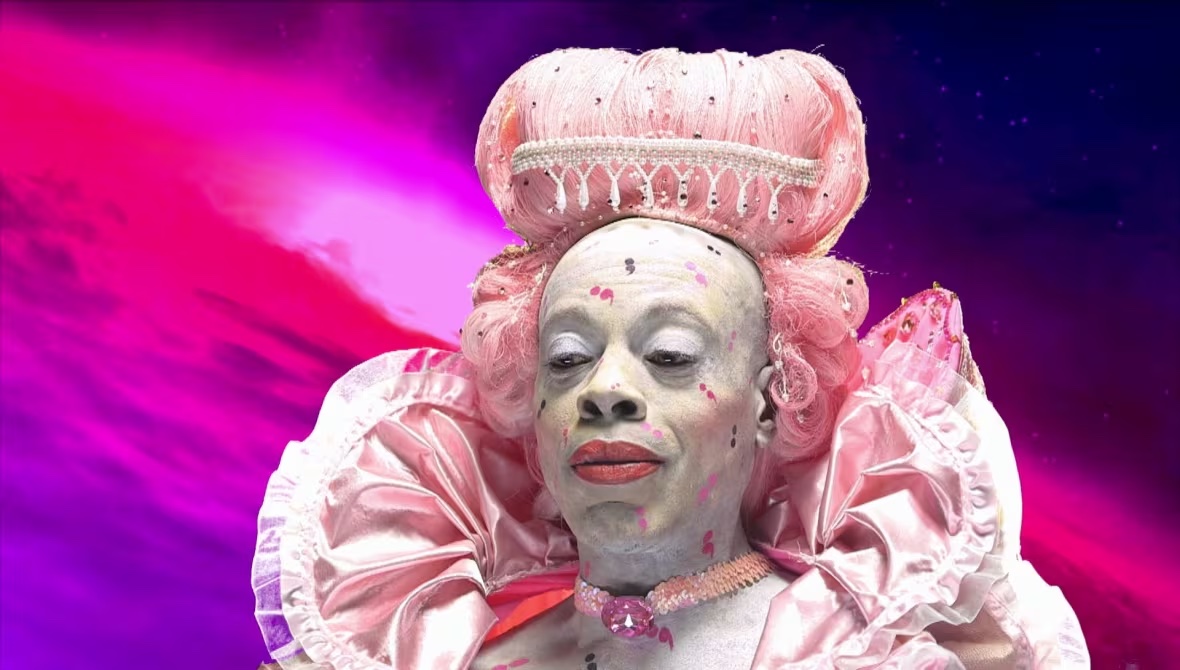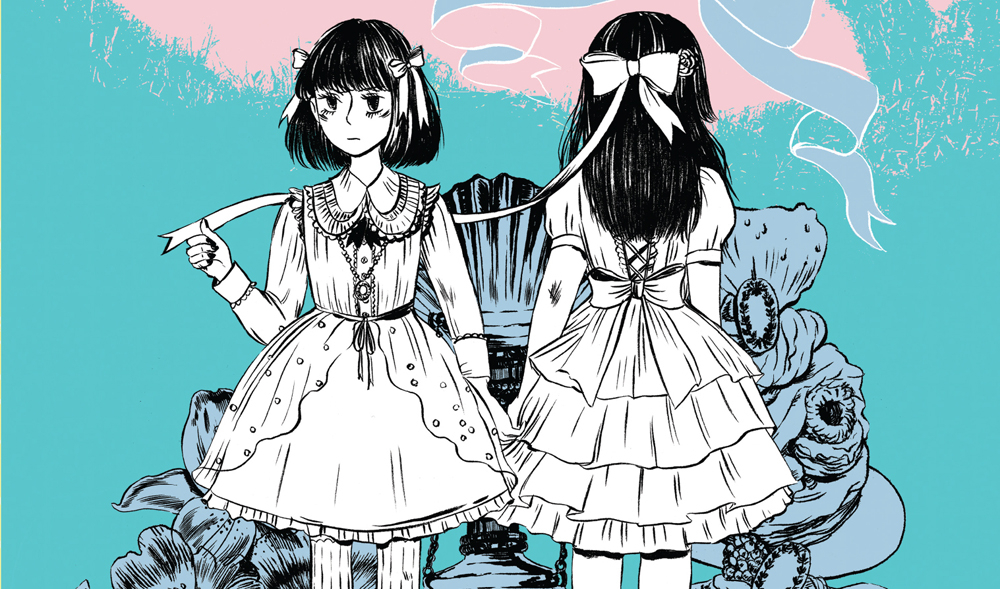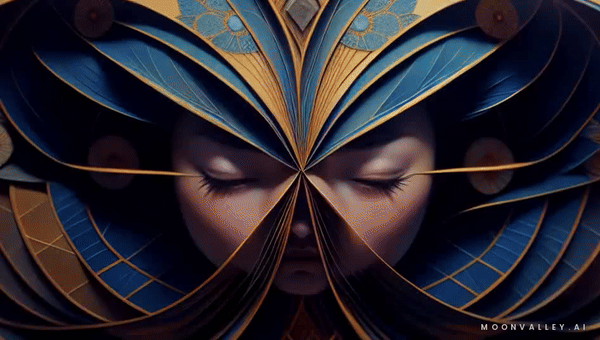Here is the Moodle site for "Bebop to Hip Hop" the course about Black Music History. We will be exploring the many styles and scenes associated with Black Popular Music over the past century, so it's time to get on down!
- Instructor: Rickey Vincent

This seminar creates a network of support and leadership development to prepare incoming BIPOC students to thrive at CCA and in the Bay Area. Through support and collaboration with the greater CCA community, students will have a curated experience in wellness, campus culture, academic support, community development, BIPOC Bay Area history and culture, eff ective, active listening, goal-setting, and leadership. Students will have the opportunity to meet with a range of CCA and community leaders to gain a deep understanding of the college’s culture and to share their perspectives over this year-long engagement.
- Instructor: Shylah Hamilton

- Instructor: Lydia Degarrod

- Instructor: Stephanie Sherman

Did you know that cotton—the most popular material for clothing—won’t grow in Europe? Did anyone ever tell you that the clothes that modern men’s suits developed from were originally Persian? And that the pattern we call Paisley is too? And that some of the elements of the iconic American cowboy outfit came from Mexico? In fact, all these and many more styles that are commonly worn in the West originally came from somewhere else, and some styles that originated in the West are now global. Fashion can tell you a huge amount about culture, nationalism, human communication, international trade, economics, conquest, assimilation, exploitation, and more, and we will be examining those themes in this class. There are positive things about the global aspects of fashion: international trade brought wealth, purpose, and recognition to many and our lives and clothes have been enriched by the ideas about appearance different cultures have long exchanged. Yet, there are lots of negatives. Local dress and textile traditions and practices have been eroded by industrialization, by the exploitation of subject and minority peoples, and by the spread of garments such as blue jeans and the entire fast fashion industry. The demands of cotton production were a big part of the impetus behind slavery in the U.S. and the subsequent sharecropper system. The fashion industry is one of the largest polluters on Earth. Minority culture has been a significant driver of style in the West, but the fashion system often makes money from such cultures while excluding those whose cultural touchstones are being used. Over the course of the semester, the class will examine the history and process, and positives and negatives of this longstanding exchange and some of the results that we are struggling with today."Critical Ethnic Studies 2000-level seminars introduce students to the complexities and nuances of intersectionality, gender, disability, decolonial theory & philosophy, in imperialist and non-imperialist societies. 2000-level seminars may incorporate one or more of the following interdisciplinary fields of critical ethnic studies: Africana studies, African-American Studies, Asian American studies, Indigenous studies, Chicano/a /x, and Latino /a/x studies, border studies, cultural studies, critical disability studies, critical gender studies, and global racialized and global silenced communities.
- Instructor: Erin Algeo

In this course, we will examine the development of Critical and Ethnic Studies as a field of knowledge, an academic discipline, and a set of collective practices and resistance through an investigation and disruption of critical race, feminist, diaspora theoretical canons. Designed for students interested in understanding the complex dynamics that drive societal change, this class will highlight relationships between student activism, international solidarity, and transnational fights for freedom. In midst of global uprisings against police violence, imperialism, and the legacy of colonialism, this course charts the historical forces, social contradictions, and political contexts in which race, racism, and white supremacy have figured in the United States. Rather than present a comprehensive narrative of social change with a unitary set of answers, students in the course will work collaboratively to develop a toolbox for interpreting power, place, and race in our contemporary world. Our course will direct us toward thinking about how our art, design, and writing practices can be activated to shape the world along axes of difference while developing the critical thinking skills necessary to explore arguments, debates, and ethics of cultural production and engagement. Students in this course will interpret and analyze assigned texts while producing multimedia interventions that imagine new social relationships amongst artists, designers, writers, architects, urban planners, curators, and community organizers.
- Instructor: shah hussein
Welcome to the Black Panther Party and Popular Culture! We will be exploring the Bay Area based social movement organization The Black Panther Party and the many ways they impacted the politics of social change, and further, impacted the daily lives and cultural production of people in the community and worldwide.
Please check the syllabus for more information.
Rickey Vincent
www.rickeyvincent.com
Please check the syllabus for more information.
Rickey Vincent
www.rickeyvincent.com
- Instructor: Rickey Vincent



